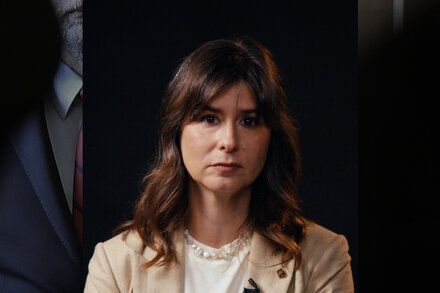In a recent discussion, prominent author and journalist Ta-Nehisi Coates explored the fundamental tension between efforts to bridge societal divides and the necessity of drawing clear lines in understanding American history and contemporary power dynamics.
Coates, known for his incisive work on race, identity, and the legacy of slavery in the United States, articulated a nuanced perspective on these two seemingly contradictory approaches. His insights often challenge conventional notions of unity and reconciliation, urging a deeper engagement with the historical realities that have shaped the nation.
The Imperative of Drawing Lines
For Coates, the act of “drawing lines” is not about fostering division but about achieving clarity and historical accuracy. He frequently emphasizes that genuine understanding and progress require a truthful accounting of the past, particularly regarding the systemic nature of racism and white supremacy. This often involves delineating the specific ways power has been exercised and how it has impacted different groups.
He has consistently argued that attempts to bridge gaps without first acknowledging these foundational divisions risk perpetuating the very inequities they aim to resolve. For Coates, skipping over the hard truths of history in favor of immediate unity can inadvertently obscure ongoing injustices and prevent meaningful repair.
Bridging Gaps: Conditions for True Reconciliation
While often seen as a proponent of stark realism, Coates’s work does not entirely dismiss the notion of “bridging gaps.” Instead, he posits that true reconciliation and the creation of a more equitable society can only occur once the lines of historical injustice and present-day power imbalances have been clearly drawn and understood. He suggests that genuine common ground must be built on a foundation of truth and accountability.
His discussions often imply that the work of bridging gaps is a consequence of, rather than a prerequisite for, a full and honest confrontation with the nation’s past. Without this confrontation, any attempts at unity risk becoming superficial or, worse, an erasure of the experiences of marginalized communities.
Coates’s contributions continue to provoke crucial conversations about how America reckons with its origins and its future, pushing listeners and readers to consider whether true healing can begin without a clear-eyed assessment of the distinctions that have long defined the American experience.
Source: Read the original article here.





